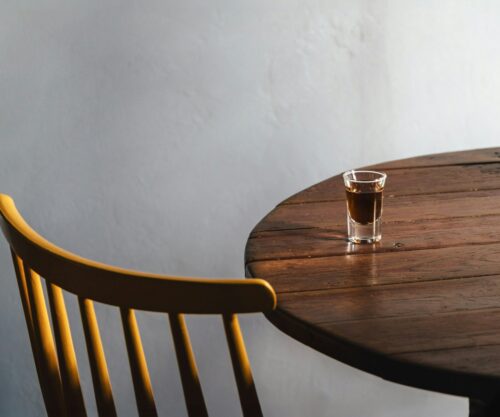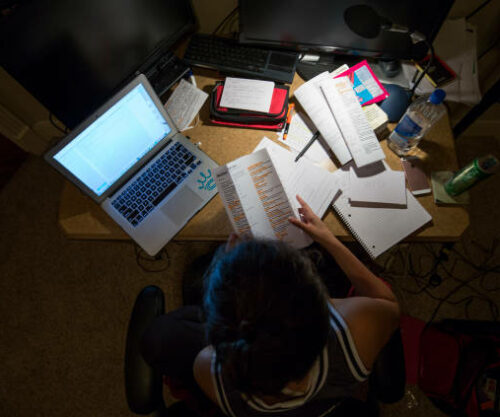
Talking about your period can be very uncomfortable for some girls and women, but it’s important that you do. Your period blood can tell you a lot about your health.
By Grace Mantjiu
Midwife and Kotex health expert, Sister Burgie Ireland says that period blood looks different than what you normally see at times. Here is an explanation of what the different colours mean.
Rusty-brown, brick or dark red – Women who eat lots of red meat and green leafy vegetables will have more iron in their blood. When this iron mixes with air, it can make period blood look darker. This blood is normal.
Brown with mucous- Experiencing this type of blood is normal. For some women, this can mean your period will start in the next 24-hours. Sometimes this may happen on the last day of your period.
SEE ALSO: 7 ways to manage the triggers of PMS
Raspberry/light pink – A girl’s first and early periods can be lighter in colour. If you play extreme sports, are on a serious diet or are underweight you can have lighter, scantier periods. This can also be a once-off implantation bleed at the start of a pregnancy which is normal.
Pink with mucous- Many girls and women may experience pink mucous blood which is normal. This means that your period is about to end.
Dark crimson with big clots- if this happens regularly, it can be a sign of an undiagnosed connective tissue disease such as lupus or a blood disorder. It is also associated with endometriosis, approaching menopause or a sign of oestrogen hormonal imbalance. You may want to visit a doctor if this occurs.
Bright red with clots– This is a sign of fresh bleeding and can be caused by fibroids, polyps, cysts, some STI’s such as chlamydia or a pelvic infection. It could also happen with a miscarriage or ectopic pregnancy. if this occurs, see your doctor immediately.
SEE ALSO: 5 reasons to cut down on sugar
What causes period pains?
Period pain is mostly caused by the womb contracting or ‘squeezing’. Because the womb is a hollow muscular organ – about the size of a clenched fist – it needs to do this to break down the inner lining called the endometrium so that it can be shed through the vagina. A hormone called prostaglandin helps the womb to contract. Too much prostaglandin can cause stronger contractions, and this contributes to period pain. Pain killers for period pain help by blocking unnecessary prostaglandin.
How should I wash my vagina? Should I use soap or a douching solution?
The vagina is ‘self-cleaning’ and has a natural smell that is normal. Douching, washing the vagina with a chemical mixture from a plastic bag and nozzle, is no longer recommended because it interferes with the normal flora of the vagina that keep it slightly acidic and healthy.




